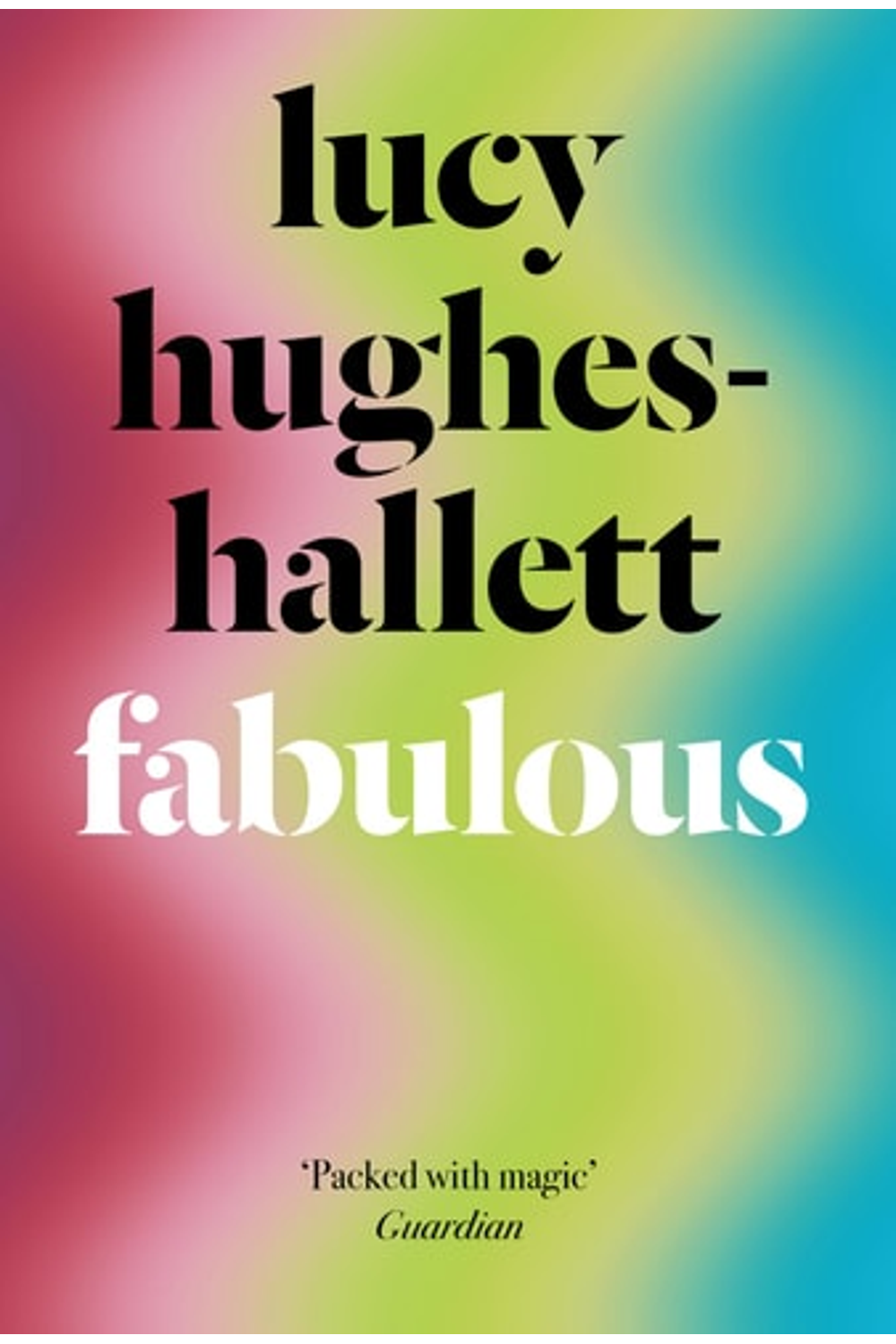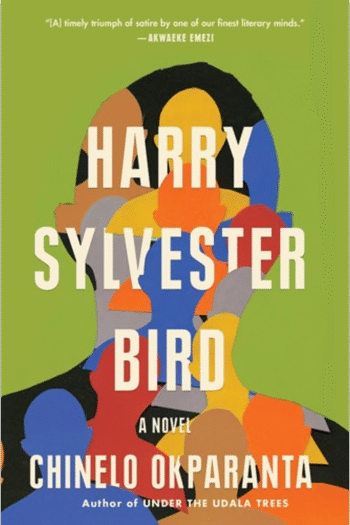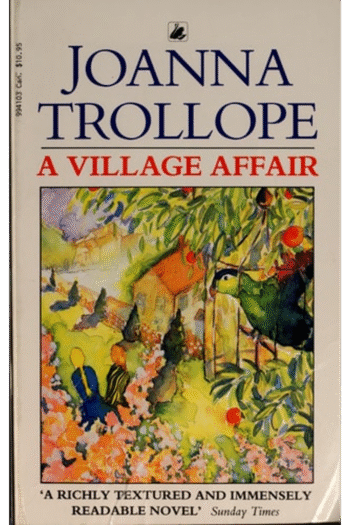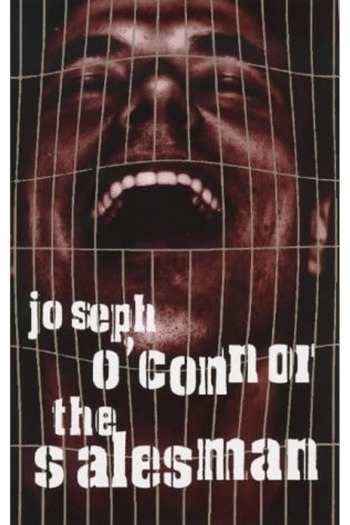Lucy Hughes-Hallett’s *Fabulous* breathes electrifying new life into ancient myths, transplanting them into the gritty reality of modern Britain. Forget simplistic retellings; these are sharp, sophisticated stories where the echoes of folklore resonate through the lives of ordinary people facing very contemporary crises. Imagine a world where the Minotaur lurks not in a labyrinth, but in the shadows of urban decay; where the siren’s song lures not sailors to their doom, but vulnerable souls into the clutches of human traffickers. Hughes-Hallett, celebrated for her award-winning biographical work, brings a keen eye for detail and a deep understanding of human nature to these interconnected tales. Critics have lauded *Fabulous* for its originality and its powerful exploration of timeless themes: love, loss, betrayal, and the enduring struggle between good and evil. Readers who enjoy the works of Neil Gaiman, Angela Carter, and Margaret Atwood will find themselves drawn to the dark beauty and unsettling truths of *Fabulous*. Prepare to be challenged, provoked, and utterly spellbound by this remarkable collection, where the past is not merely revisited, but reimagined for our time. A compelling blend of literary fiction, fantasy, and social commentary, *Fabulous* is a modern masterpiece that will stay with you long after you turn the final page. This Hardcover edition is published by Fourth Estate.
Fabulous
22,85 $
In stock
Not since Angela Carters The Bloody Chamber have old stories been made to feel so electrically new.
Not since Wim Winders Wings of Desire have the numinous and the everyday been so magically combined.
It’s in the nature of myth to be infinitely adaptable.
Each of these startlingly original stories is set in modern Britain. Their characters include a people-trafficking gang-master and a prostitute, a migrant worker and a cocksure estate agent, an elderly musician doubly befuddled by dementia and the death of his wife, a pest-controller suspected of paedophilia and a librarian so well-behaved that her parents wonder anxiously whether shell ever find love.
Theyre ordinary people, preoccupied, as we all are now, by the deficiencies of the health service, by criminal gangs and homelessness, by the pitfalls of dating in the age of #metoo. All of their stories, though, are inspired by ones drawn from Graeco-Roman myth, from the Bible or from folk-lore.
The ancients invented myths to express what they didnt understand. These witty fables, elegantly written and full of sharp-eyed observation of modern life, are also visionary explorations of potent mysteries and strange passions, charged with the hallucinatory beauty and horror of their originals.
| Authors | |
|---|---|
| Binding | |
| Condition | |
| ISBN-10 | 0008334854 |
| ISBN-13 | 9780008334857 |
| Language | |
| Pages | 224 |
| Publisher | |
| Year published | |
| Weight | 350 |
Related products
-
Harry Sylvester Bird: A Novel
33,09 $ -
A Village Affair
13,17 $ -
The Salesman
15,19 $
- Additional information
- Currencies
- USD – United States dollar
- EUR – Euro
- GBP – Pound sterling
- CNY – Chinese yuan
- BRL – Brazilian real
- MXN – Mexican peso
- JPY – Japanese yen
- PHP – Philippine peso
- THB – Thai baht
- PLN – Polish złoty
- CAD – Canadian dollar
- MYR – Malaysian ringgit
- AUD – Australian dollar
- TWD – New Taiwan dollar
- CZK – Czech koruna
- SEK – Swedish krona
- HUF – Hungarian forint
- ILS – Israeli new shekel
- CHF – Swiss franc
- HKD – Hong Kong dollar
- DKK – Danish krone
- SGD – Singapore dollar
- NOK – Norwegian krone
- NZD – New Zealand dollar





